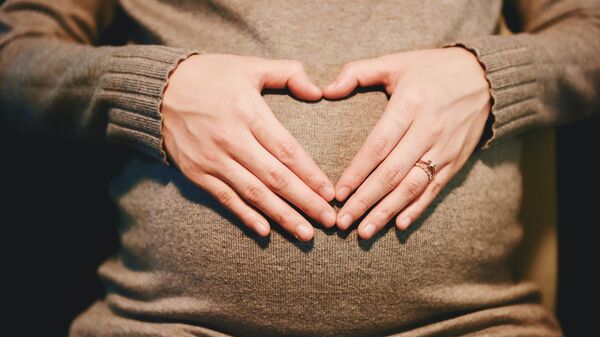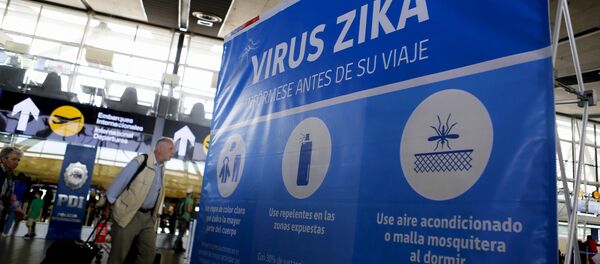An estimated 4 million American women give birth each year — that's almost 11,000 each day — but at least two of those new mothers each day will die, ranking the US 47th in global maternal mortality rates.
Even though the US has some of the most advanced medical technology on Earth, the nation also has the highest percentage of maternal deaths of all developed nations.
According to a recent report by NPR, the number of maternal deaths in the US has increased between 2000-2014. Additionally, the US is the only industrialized nation with an increase in maternal deaths in recent years.
The most common causes of pregnancy-related death are treatable and, according to the Centers for Disease Control and Prevention (CDC), 60 percent of such deaths are preventable.
Conditions like obstetric hemorrhage, which can result in internal bleeding into the abdominal cavity, and preeclampsia, a complication caused by high blood pressure, can be prevented if symptoms are responded to early.
The US currently spends an estimated $3.3 trillion on health care annually, an amount that dwarfs that of those nations with the next-highest expenditure rates. This appallingly high figure could easily allow for access to key medical equipment like hemorrhage carts, which can rapidly provide new mothers with necessary medications, according to The Hill.
Federal public health officials in the US have not published official data regarding pregnancy-associated deaths in a decade, according to NPR, indicating that officials rely on estimates of questionable accuracy.
Last year, a bipartisan Preventing Maternal Deaths bill was introduced by Jaime Lynn Herrera Beutler, who has served as the US Representative for Washington's 3rd congressional district since January 2011.
The purpose of the bill is to "support States in their work to save and sustain the health of mothers during pregnancy, childbirth, and in the postpartum period, to eliminate disparities in maternal health outcomes for pregnancy-related and pregnancy-associated deaths, to identify solutions to improve healthcare quality and health outcomes for mothers, and for other purposes."
Currently, the bill has over 130 co-sponsors and a companion bill in the US Senate.



